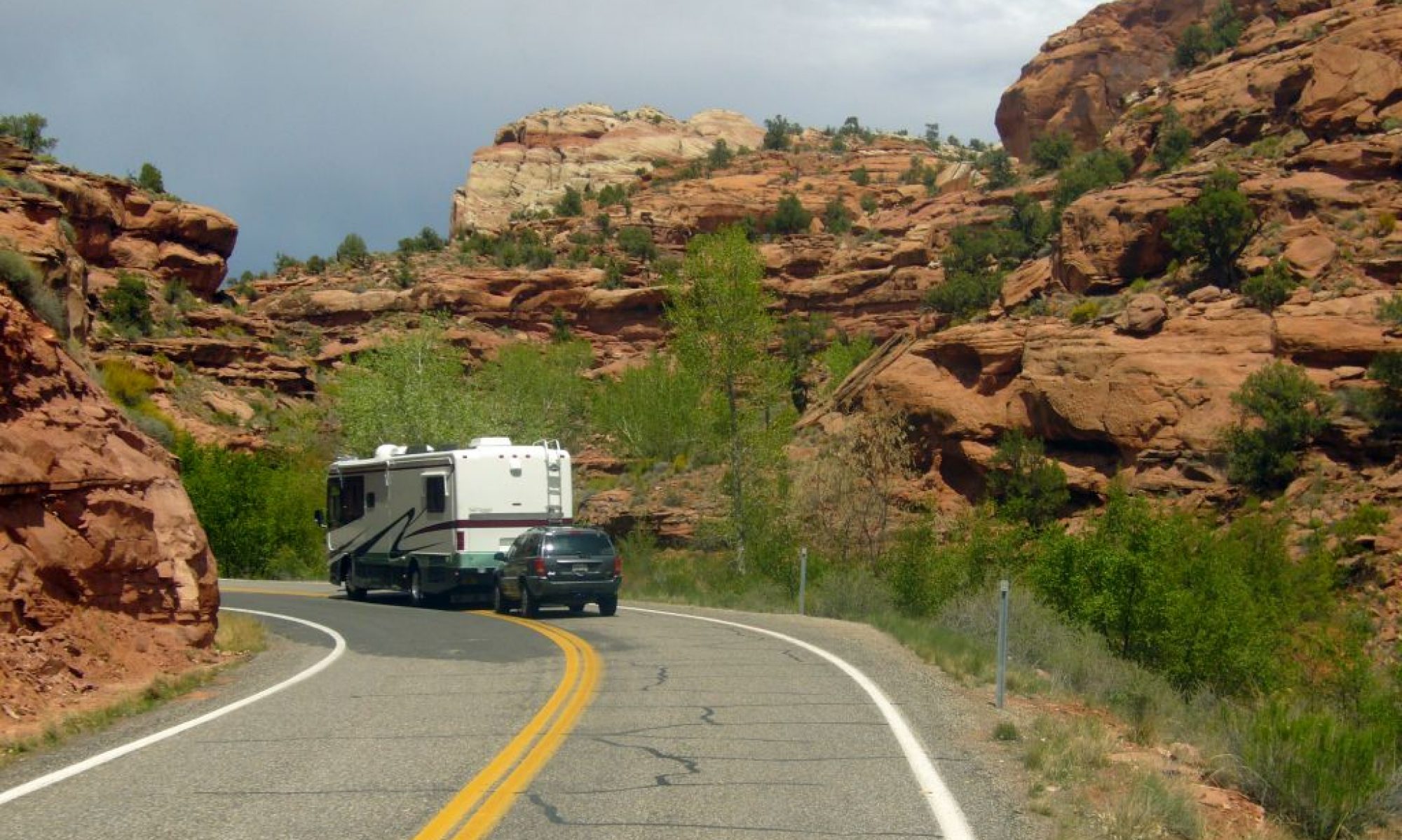Some general information and a perspective from one UK camper about camping in Europe.
Camping tends to fall into 3 seasons low, mid and high. High season covers the school holidays and the dates for these may differ in each Region and tends to be over the months of July and August. High season prices fluctuate and depend on the amenities provided.
There are different companies providing campsites with paid memberships which normally pay for themselves within a few days. Make sure to specify if you are over 60, if applicable as this may reduce your fee. Some of the UK Clubs and websites offer camping in Europe too.
Popular examples of clubs shown below:
The Camping and Caravanning Club:
https://www.campingandcaravanningclub.co.uk/
The Caravan Club:
https://www.caravanclub.co.uk/membership/
and The European Camping Group:
https://www.europeancampinggroup.com/uk/locations.html
If you buy a membership of a Club, you will probably receive on-line access to their site and a book of destinations which lists the facilities each site has. Some have indoor or outdoor swimming pools; access to fishing or other sports and recreational activities. They can also have small shops that sell basic goods like milk and dry tinned goods.
There are numerous books available covering European destinations but online resources are plentiful.
Here are several examples of online resources to help you find places to stay in Europe and indeed the UK:
https://coolcamping.com/campsites/uk
https://www.eurocampings.co.uk/
https://www.campercontact.com/en
And an example of one Facebook group:
https://www.facebook.com/groups/158309384656647/
European campsites have varying facilities for water, electric and waste management.
Note that some rural sites may have weak electric so if you have multiple items on at the same time, for example your cooker and electric kettle you may trip the electric and have to reset it at the box.
Motorhomes have 3 settings on the control panel so if you do trip it you drop from 3 to 2 to 1.
Campervans have LPG bottles to run heating which is much cheaper to run than Calor Gas. In 2019 all petrol stations in Europe were standardising the coding system for Diesel unleaded and LPG. At one point you needed to carry a box of different connectors for each country, but this was being phased out so all should be the same by now. Tip for purchasing diesel. It’s cheaper on Spanish side of border, with France.
If you do have LPG please do an online search to find locations where you can fill up as these may not be easy to find.
Motor homes in Europe normally have cassettes for the toilet waste. You use toilet fluid, preferably green which is non-bio, to help break down solids. Note that some sites insist you use the non-bio green fluid. For two people you will probably need to empty the cassette every 2 to 3 days. You pull the cassette out from a door in the outside of motorhome and wheel it to the disposal point to empty and there is a water pipe for rinsing, which is always separate from the fresh water. Some sites have a gridded area which you drive over to empty your grey water.
Parking on your pitch varies from site to site. Sites may charge you to put your awning out, some charge extra for a dog.
Firepits, BBQs, picnic table availability are variable by campsite.
In Europe there are sites known as Aires which are mostly public parking areas with some private land where motorhomes can stop overnight for free or for a small fee. This is similar to Harvest Hosts in the US where you can stay overnight at a unique spot whilst supporting a local business or two. These places can be off the beaten track and can be unusual, however, these are mostly for one or two nights stay. For some, the purpose is to stay in a town and buy your bread and milk, wine etc, and maybe stop over night after a meal before continuing on journey.
This website provides some good information on the subject:
https://alanrogers.com/blog/introduction-to-motorhome-aires
You can stay next to rivers, in fields on beaches, bus parks and town centres. Sometime you pay 2€ for water and emptying grey and black water. The “All the Aires Europe” book costs around 25€. Campsites vary in quality, generally the more you pay the higher the standard. Again, holiday seasons affect prices and watch out for Spanish holidays where locals do a lot of family camping at weekends, and stay up late so it can get noisy.
Article Written September 2021

